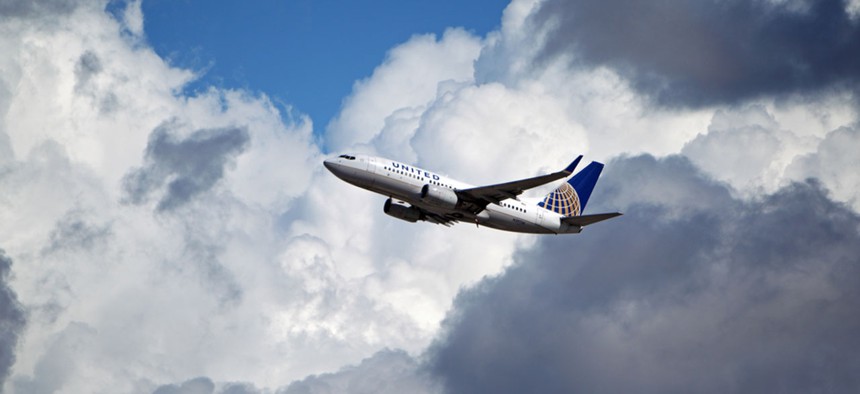
Shutterstock.com
Frequent-Flyer Programs Are Too Complicated to Understand, the Transportation Department Has Concluded
At issue is the system airlines use to determine how many miles travelers need to redeem for a ticket.
Travelers befuddled by airlines’ frequent-flyer programs have company: the U.S. government.
In order to “determine the availability of award tickets, carriers use complex algorithms that weigh numerous dynamic variables, and we are not confident that these processes could be summarized for effective use by consumers,” the Department of Transportation said in a letter (pdf) to the Office of Inspector General, an in-house watchdog.
The watchdog is pushing the US Department of Transportation to exert more oversight of frequent-flyer programs, in part to determine whether airlines are engaging in “unfair or deceptive practices.”
The Department of Transportation is “missing opportunities” to improve oversight and determine whether airlines’ frequent-flyer policies are unfair or deceptive, it said in a memo earlier this month.
At issue is the system airlines use to determine how many miles travelers need to redeem for a ticket. It is similar to the formulas carriers use to estimate just how many people will be on a flight on a certain date. For example, just as it would be more expensive to fly around Christmas, it also will likely take a lot more miles to book a flight with frequent-flier miles then because of the high demand.
The watchdog said it found in an audit that the frequent flyer policies of Virgin America, Delta Air Lines, and American Airlines were all in compliance with rule disclosure requirements and the Department of Transportation will take measures to improve oversight, the memo said.
If the frequent-flyer program many travelers are used to wasn’t complicated enough, they now have to deal with several airlines’ new frequent-flyer programs that reward passengers based on how much they spend instead of how far they fly.
The moral of the story: read the fine print, early and often.






